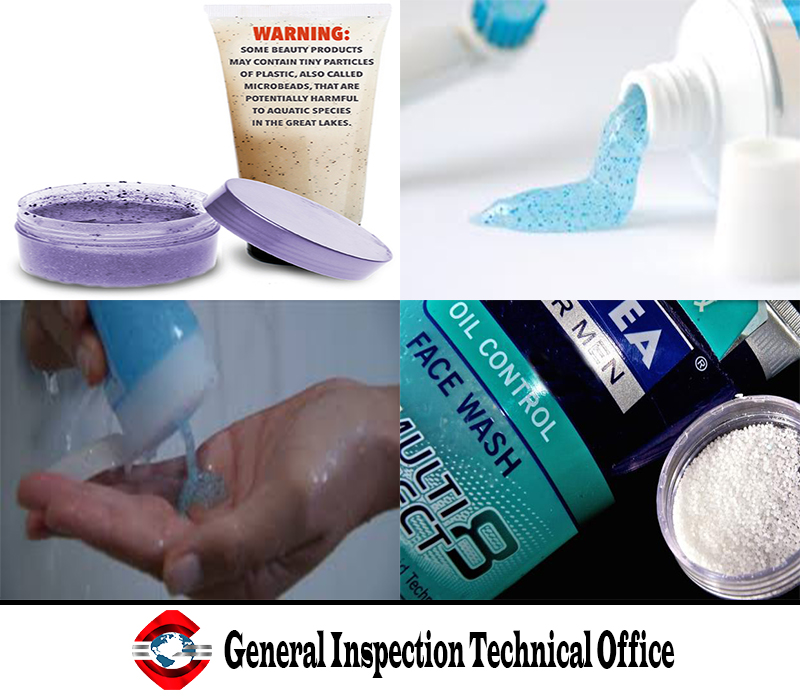Sweden proposes ban on microbeads in rinse-off cosmetics
Ban to come into force in January 2018
12 July 2017 / Sweden
Sweden has proposed a ban on rinse-off cosmetics that contain microplastics to reduce their impact on the marine environment.
In a notification to the World Trade Organization on 6 July, the Swedish Ministry of the Environment and Energy said it was prohibiting the sale of cosmetics that have added solid plastic particles for exfoliating, cleaning or polishing purposes. The ban may enter into force on 1 January 2018, at the earliest.
There is an exception for plastic particles that consist only of naturally occurring polymers that have not been chemically modified. Derogations may be granted, the notification said, "if it is shown that they biodegrade quickly to monomers in an aquatic environment and that they are not liable to cause damage to aquatic organisms".
There will also be a six-month transition period after the ban enters into force, provided that products have been placed on the Swedish market before January 2018.
Microplastics are defined as solid particles of plastic that are 5mm or less in size in any dimension, and soluble in water. They are widespread in the marine environment, including oceans, seas and lakes, representing a threat to marine life and the food chain.
Sweden said that with today's technology it is impossible to capture and collect plastic particles once they are released into the environment. "It is therefore necessary to take measures at the source," the notification said, adding "there are no less restrictive measures" which would achieve the same purpose.
Countries around the world are taking action against microplastics. In the EU, France has decided to prohibit rinse-off cosmetics containing microbeads from January 2018 while other member states are considering similar action.
In January, the Nordic Council, an inter-parliamentary committee, backed a proposal that recommends banning their use in cosmetics across five Nordic countries, and last year Denmark urged the European Commission to introduce a Europe-wide ban.
The Commission has opened a public consultation on policy options, with a deadline for comments of 16 October. It will publish a report at the end of the year, setting out conclusions and also recommendations from a study commissioned by DG Environment.
In July, however, the Personal Care Products Council (PCPC) - a US trade body - said efforts to reduce marine pollution should not focus on the "tiny contributor" of plastic microbeads in cosmetics. It was responding to the UN Environment Programme's Clean Seas campaign, which calls for a global ban in personal care products.


